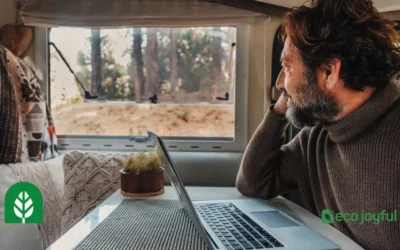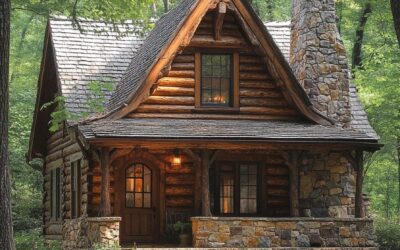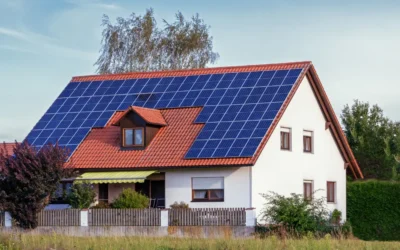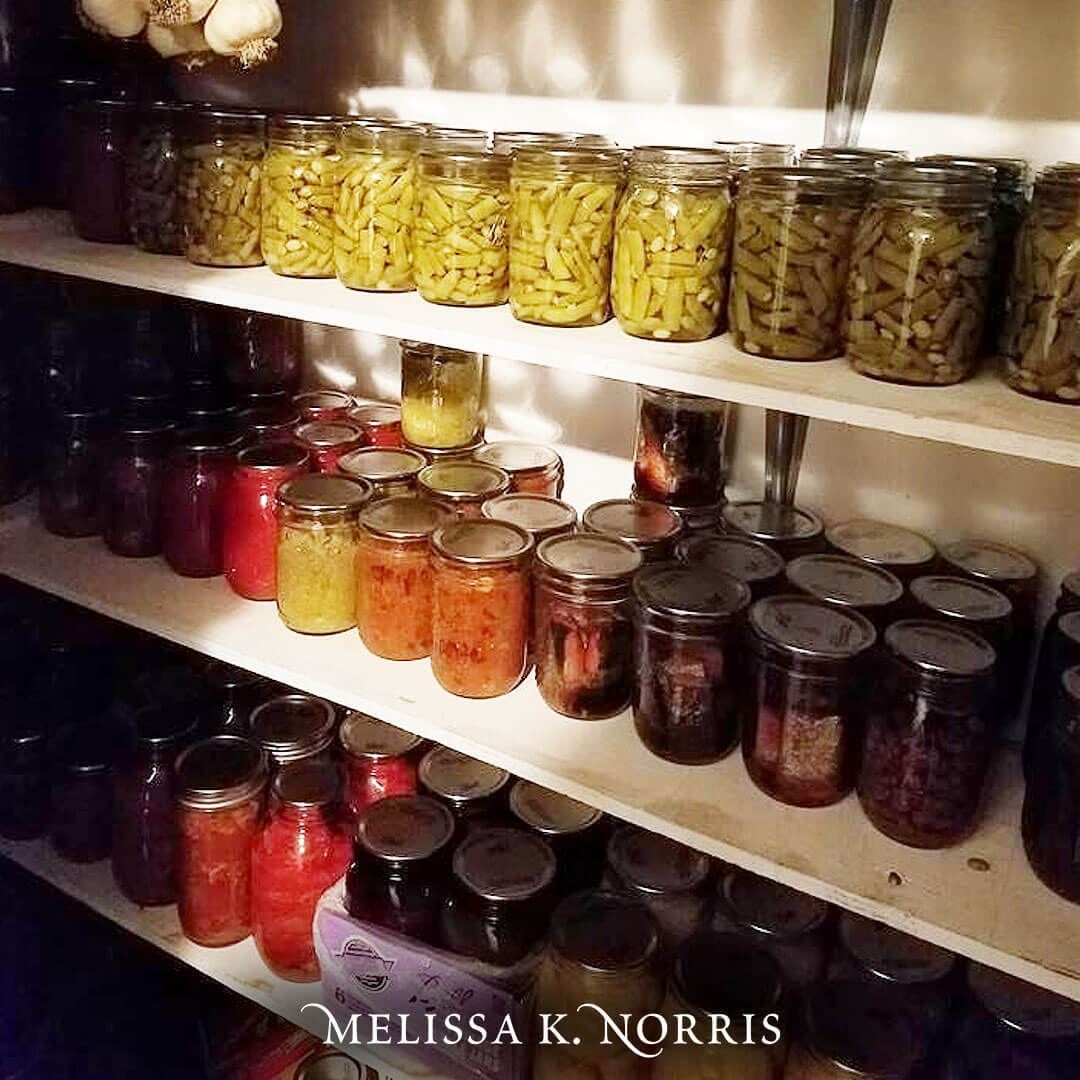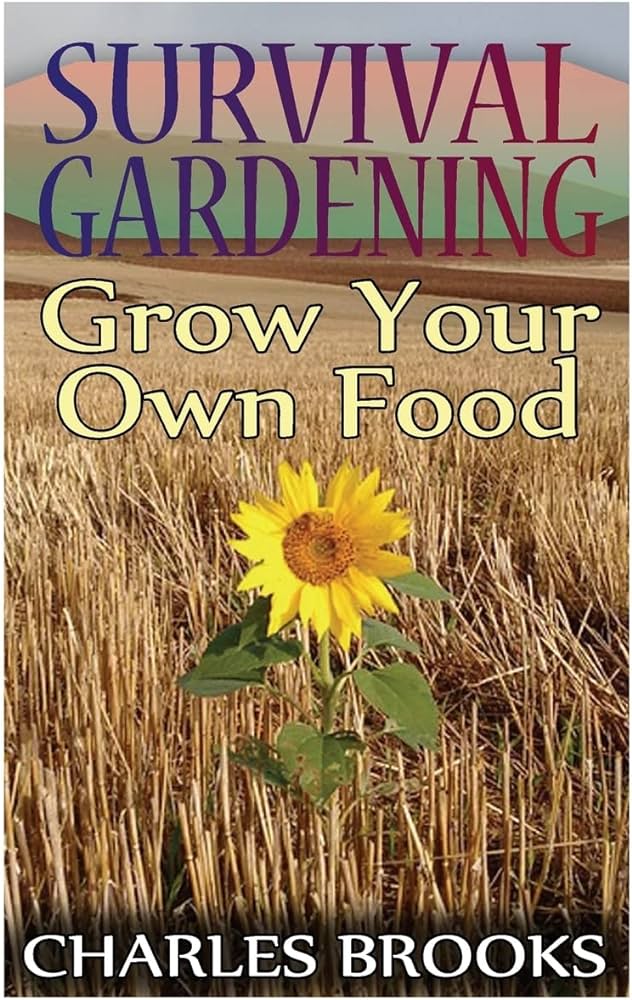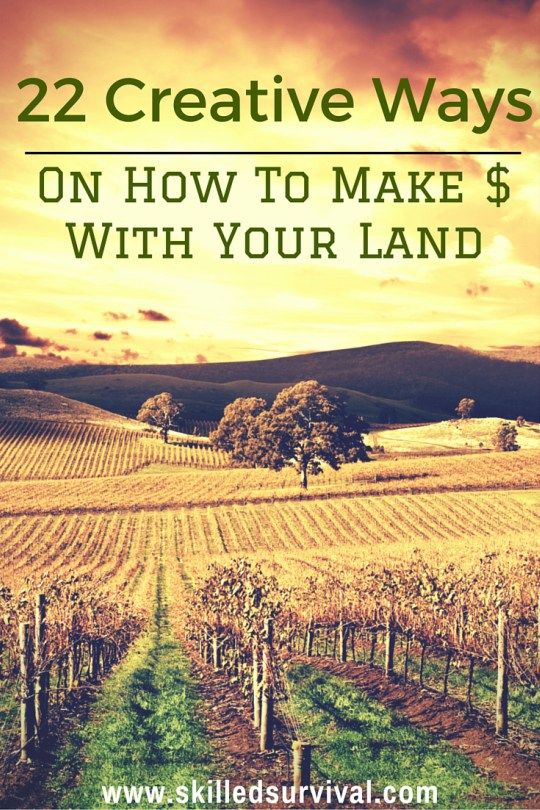Have you ever dreamed of owning acres of land, growing your own food, living in the house you built, or living in a cozy cabin? Do you desire to have a deeper connection with nature and live an ancestral-style life? Welcome to the world of off-grid living.
The off-grid living is a different lifestyle, more about independence, self-sufficiency, and closer ties to nature. Today, with the majority of our population rapidly becoming more urbanized and technology-dependent, many people have lost a connection to nature — or faith in their ability to thrive in it. That sense of discontent has sparked new interest in off-grid living. And for some, it means ways to live quietly and independently. While this lifestyle continues to gain popularity, it is not the easiest thing. Switching to off-grid is a process that requires thorough planning and research. So, off-the-grid lifestyle is commitment, simpleness and sustainability.
Table of Contents
What is off Grid Living
Living off-grid is a lifestyle that allows people to live without relying on public utilities (i.e., staying away from electricity, water, and gas). This lifestyle is deeply grounded, relying on renewable resources for energy (e.g., solar panels), rainwater or natural sources for water, and food management through growing or hunting.
Switching to off-grid is a process that requires thorough planning and research. And for some, it means ways to live quietly and independently. While this lifestyle continues to gain popularity, it is not the easiest thing. So, off-the-grid lifestyle is commitment, simpleness and sustainability.
Not all off-grid living is done in solitude. Most who go this route are still tied to neighbours or nearby communities, but the vision is still clear: independence, sustainability, and a respite from the trappings of modern life.

What Makes People Desire Being Off Grid?
Desire for Independence
This lifestyle allows them to build a life as they want and be independent of centralized infrastructure or services.
Environmental Awareness
Growing awareness about climate change and pollution has motivated individuals to reduce their ecological footprint on the environment. One modern approach to an eco-friendly lifestyle is off-grid living.
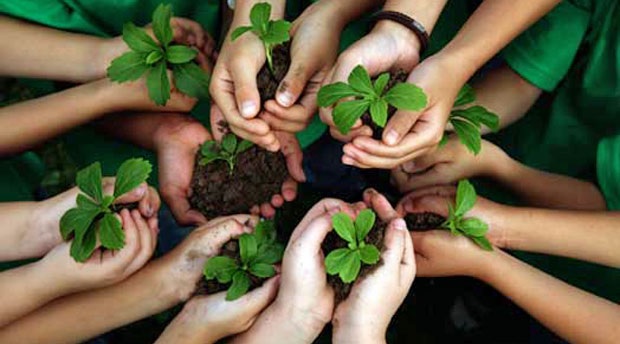
Simpler Lifestyle
A life off the grid is far less about accumulating possessions. Instead, it prioritizes experiences and knowledge. Many people find that this lifestyle reduces stress and nurtures a deeper appreciation for life’s essentials.
Economic Benefits
This lifestyle promotes frugality, reduces waste, and encourages careful management of resources.
Types of Off-Grid Living
- Fully Off-Grid: Not connected to public facilities at all. Gens generate their own power, get water, handle waste, and grow food. They do not depend on city power, water, natural gas, sewers, or refuse service.
- Partially Off-Grid: Others choose to disconnect from one utility but remain connected to at least one other. For example, they can generate their own electricity but may still rely on city water and sewage services.
- Grid-Connected with Off-Grid Options: Some homes stay connected to the power grid but can operate independently if needed. They often use solar panels with battery storage to keep power available.
Benefits of Off-Grid Living
Living off the grid offers many benefits that can greatly enrich your lifestyle. From gaining energy independence to minimizing your environmental footprint, here are some powerful reasons why off-grid living is becoming increasingly popular.
Energy Independence
Generating their own energy means that individuals no longer rely on power companies. Sustainable and easy to maintain, they are commonly used for off-grid homes with wind or particular solar energy sources.
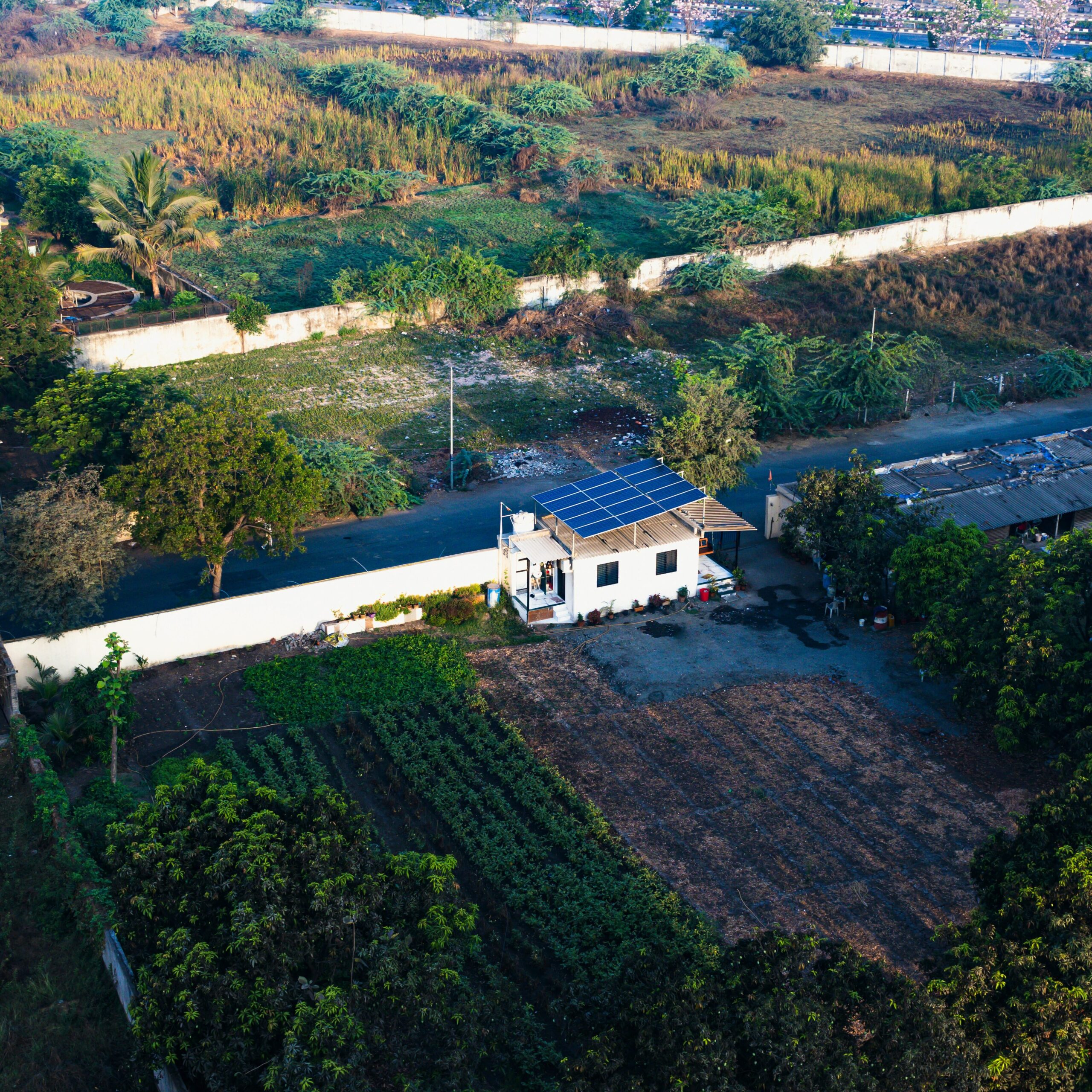
Environmental Impact
Off-grid lifestyles are effective in combating waste pollution and energy consumption. Their footprint is much less, as they produce their own energy, use rare natural water sources, and grow food.
Self-Sufficiency
Living an off-grid lifestyle enhances self-sufficiency and resilience. Managing basic needs boosts off-grid residents’ confidence, which can be empowering.
Closer to Nature
Off-grid living encourages people to spend more time in close contact with the environment. This closer relationship with nature often leads to better mental well-being and a deeper appreciation for natural beauty.
Learning Survival Skills
In an off-grid world, survival skills like gardening or raising animals is very useful. These skills may seem old-fashioned, but they are essential for living off the grid. They teach us to work with nature and appreciate its resources. Growing your own food has many benefits. Eating food you’ve grown yourself feels rewarding and is a great achievement.
Better Health and Well-Being
Living off the grid promotes a healthier way of life. It is good exercise, and spending time outside doing something meaningful that requires hands-on work clears the mind.
Living Off-Grid Essentials
Land and Shelter
The first step to going off-grid is finding suitable land with these two essentials: water and sunlight. The type of shelter varies widely; some live in cabins, tiny homes, yurts, or even converted vehicles.
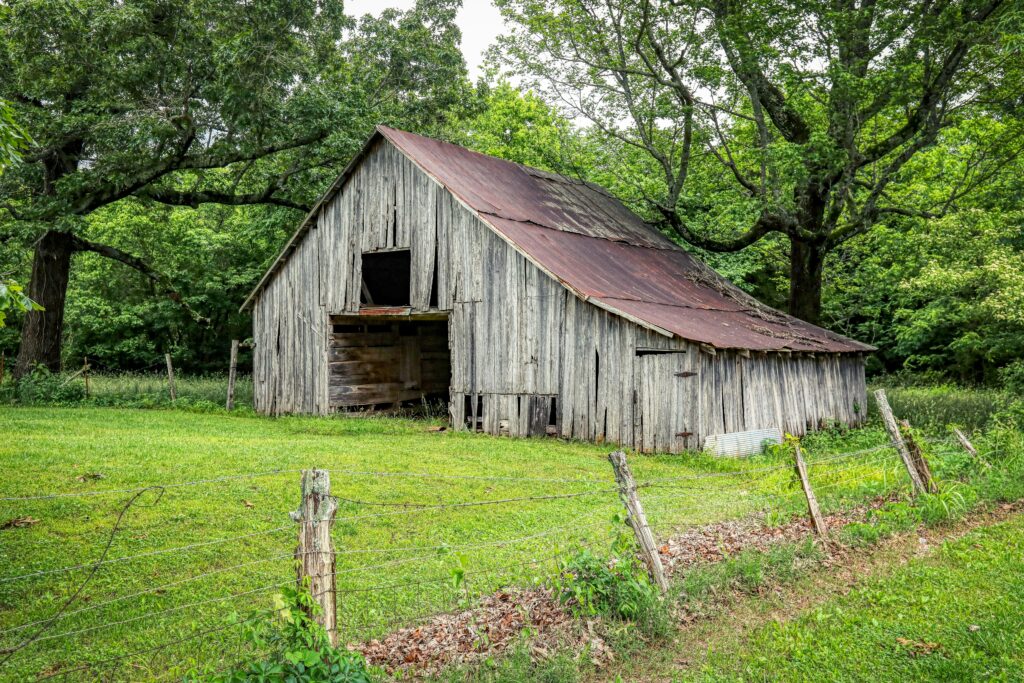
Food Supply
Off-grid living often includes growing a vegetable garden, raising livestock, or foraging. Many also practice food preservation techniques to store food for seasons when fresh produce isn’t available.

Waste Management
Sustainable waste management usually involves composting toilets and recycling. It emphasizes waste reduction because dealing with trash is more difficult while living off the grid.
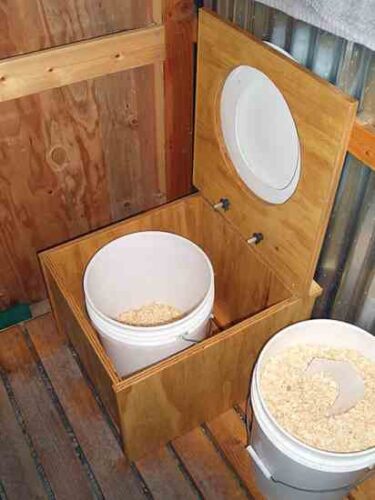
Transportation
Off-grid living centers around minimizing fossil fuel dependency. Many people drive electric cars charged by solar or wind. Cycling is a common choice for short expeditions. People are also trying to travel less.

Renewable Energy System
Typical solutions other than diesel generators include solar panels, wind turbines or small hydro systems. Each has its pros and cons, depending on the climate, rain, and energy needs.

Water Supply and Filtration
Everyone should have direct access to clean water. Most off-gridders have a well, stream or rainwater collection method and install filtration systems to keep their drinking water safe.
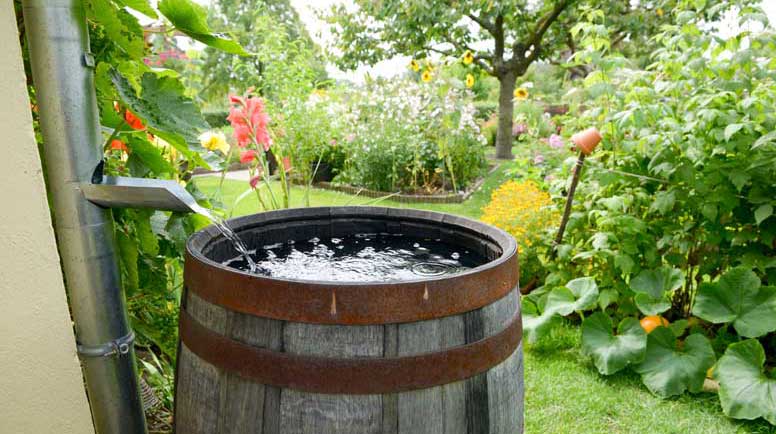
Communication and Safety Essentials
Living off the grid means your part of the world gains a little less signal. Satellite phones or radios are examples of tools that help in emergency situations. Having safety equipment such as first aid kits and fire extinguishers is a requirement to address unforeseen scenarios. You can install Cameras or Motion Detectors or a Guard Dog to fortify the system.
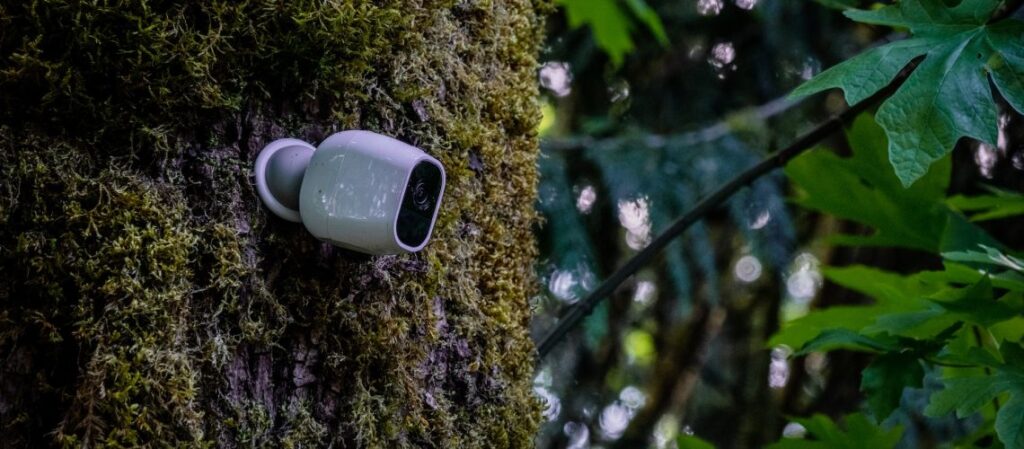
The Right Mindset
Positive thinking is a vital part of living off the grid. So be patient, flexible, and solve problems. Keep calm, and you will overcome the difficulties you have to face to reap your rewards.
Critical Skills of Self-Sufficient Homesteading
Gardening and Farming
Knowledge of gardening, planting, and crops is necessary for someone who wants to grow their own food.

Animal Husbandry
If you plan to raise livestock, you would want skills in animal husbandry, including feeding, sheltering, and health management.

Water Management
To ensure the sustainable availability of water, we must be well aware of water conservation, rainwater harvesting, and natural filtration techniques.
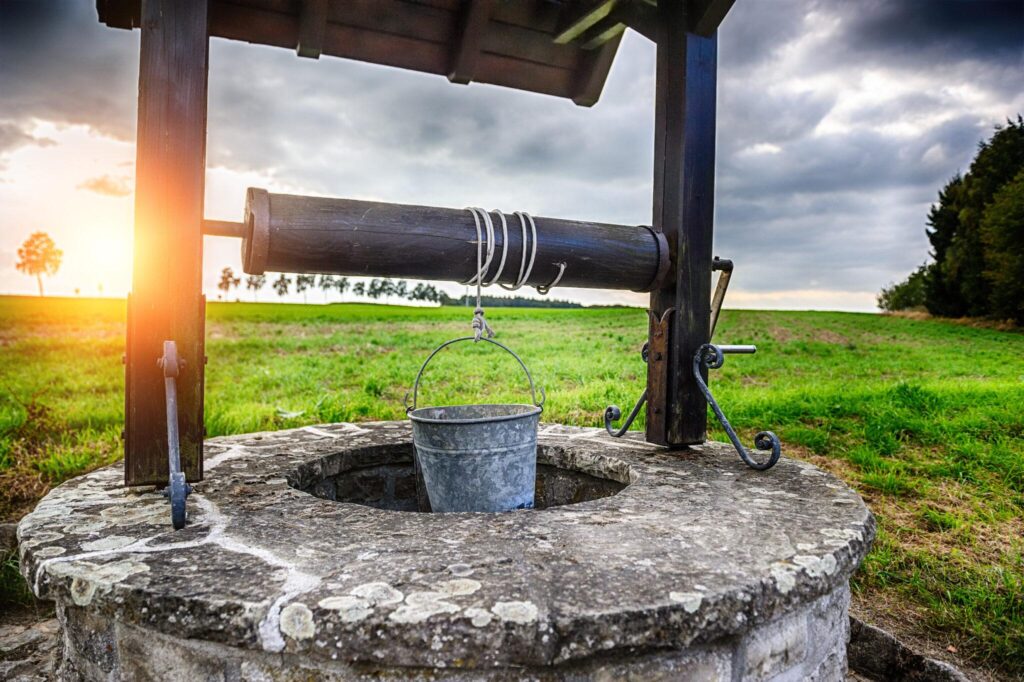
Managing Firewood and Heating
As so many off-grid homes turn to wood stoves for heat, knowing how to chop, store and use firewood safely is critical.
Basic First Aid and Medical Skills
It is essential for people living in remote areas to be able to manage basic medical emergencies. Skills such as bandaging a cut, cleaning wounds with herbs, and treating an ankle sprain come in handy.
Fundamentals of Construction & Carpentry
This style often requires building or maintaining structures, such as storage units, animal shelters, or even the primary residence.
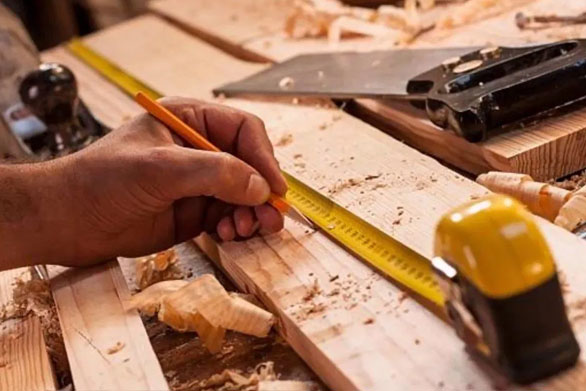
Off-Grid Living Challenges
Isolation
Social isolation can be challenging for people who regularly interact with friends, neighbours, and co-workers; living away from urban centres can create this atmosphere.
Physical Demands
Living off-grid is a lifestyle that involves working with your hands and getting dirty. From hauling wood to burning calories in the garden, keeping an off-grid life going can be complicated.
Initial Costs
An off-grid home is expensive regarding land, shelter, and renewable energy systems. Although costs are low in the long run, initial expenses can be considerable.
Weather Dependence
Because off-grid systems are heavily dependent on the weather — sunlight for solar panels or bodies of water for hydro systems — extreme weather and seasonal changes can adversely affect energy and water supplies.
Learning Curve
Newbies have many new skills to learn, which can be daunting when they start living off the grid.
How to Succeed in Living Off-the-Grid
Start Small and Iterate Over Time
Don’t go all in; take it slow: Try off-grid components at your home — food growing and energy generation — to see how they fit before committing fully.
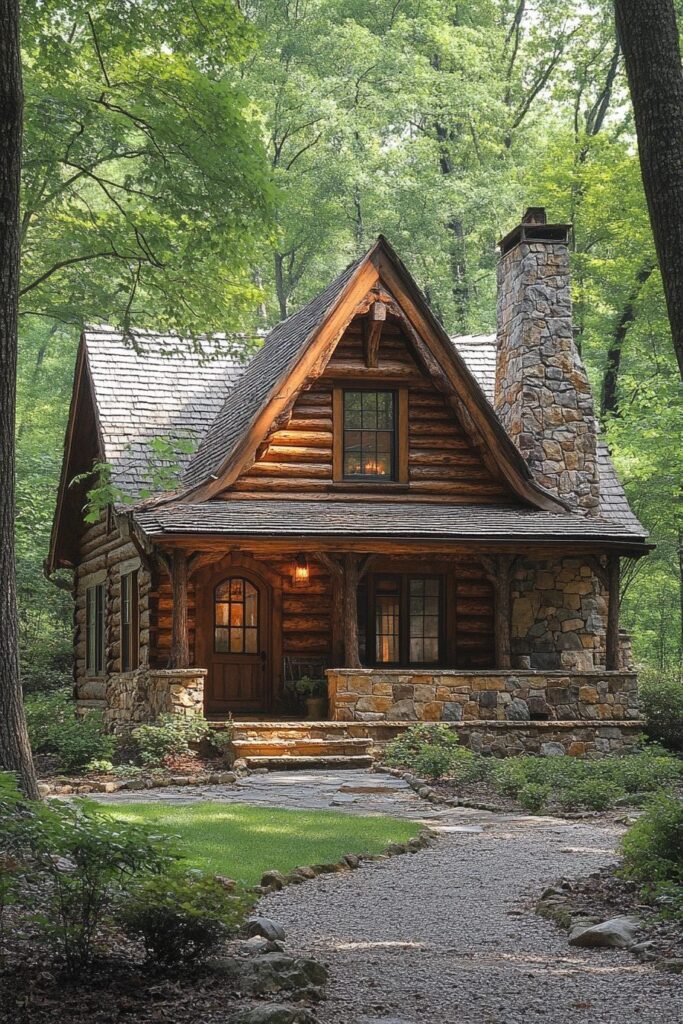
Plan Finances Carefully
Budgeting is critical. Monitor your expenses from implementation to recurring upkeep, and set aside assistance money while you march alongside.
Develop a Support Network
Meet with other off-gridders, face to face or on the web, for tips, hints, and ethical booster.
Stay Organized and Plan Ahead
Winter runs upon both an actual and floppy middle of the planet, so surviving off-grid requires some planning. Maintain a not-so-mismatched place for food, water, and energy.
Adapt and Be Flexible
You must adjust your daily routines based on weather, resource availability, etc. A successful off-grid life is full of flexibility if there is ever a huge asset.
Conclusion
Living off the grid is a lifelong and fulfilling journey that requires a deep commitment to self-sufficiency, endurance, sustainability, and your spirit with nature. It means leaving behind the comforts of contemporary convenience and entering into the flow of nature. Such a style supports sustainability, strengthens well-being, and invites one back to life’s true essentials. Not everyone is cut out for the off-grid life, but those who feel its siren call know it can be a path to freedom and simplicity.
FAQs
Is off-grid living legal?
Although living entirely off the grid is excellent, you’ll still have to check local laws about water collection, waste disposal, and the land on which this low-impact life will rest. Take note: Always check with local authorities in advance.
Can I live off-grid anywhere?
Although complete laws vary, living entirely off-grid is generally illegal – and even building a house with no utilities in some places. Select an area that matches what you wish to do off the grid and your local zoning regulations.
Will I have to be handy to go off-grid?
Sure, basic gardening, building, and first aid skills are advantageous. But most learn on the field, so you need to be open-minded and ready to know well before that.
What is the most challenging aspect of living off the grid?
The transition to living off-grid can take time and effort. The physical workload, isolation, and constant maintenance are among the most challenging pressures for those new to the lifestyle.


